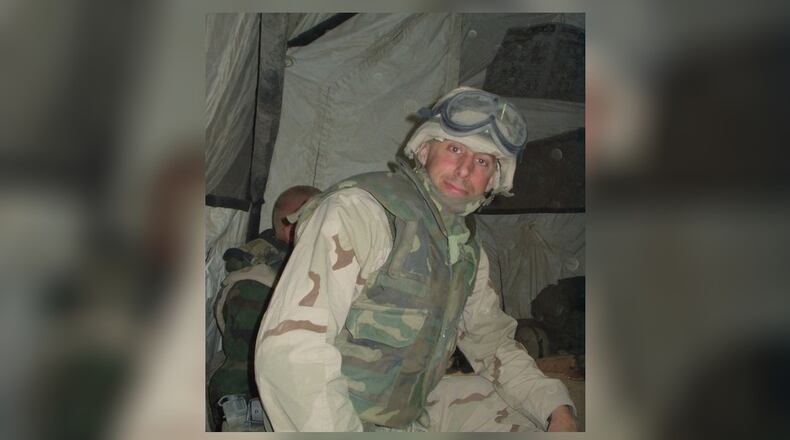For World War II veterans, the transition was a shared societal experience as we reintegrated over 16 million veterans (over 10% of the population) back into the social fabric. Still, there were concerns; were returning veterans heroes? Victims? Threats? With the percentage of veterans continuing to decrease (from a high of 37% in 1980) will post-9/11 era veterans successfully transition and play significant roles in industry, government, and their communities as World War II veterans did? Do we see these new veterans as valuable resources or as stereotypes of the hero, victim, or threat (a typecast noted by Joel Kupersmith of Georgetown University)?
Hero. The definition of hero varies, but the recognition of specific military actions as heroic is long-standing. It is also the most common positive stereotype from film and literature. In truth, military service (in peace or war) is rarely glamorous, frequently mundane, and sometimes terrifying. Veterans do not choose to be heroes. Infinitely few self-identify as heroes (I have never met one).
Victim. Those harmed or injured due to the events of their service are potential victims. Individual veterans, society, and popular media each play a role in categorizing victims. While 9/11 era veterans are more likely to have seen combat and experienced trauma, a majority feel that their military skills and training prepared them for a civilian job; two-thirds expressed pride in their service since leaving the military. Gallup reported that veteran college graduates see themselves as “thriving” across multiple categories in higher percentages than non-veteran graduates.
Threat. As a Union soldier demobilizing in 1865 remarked, “There is no disguising it, Boys, the people are afraid of us.” Moving past these fears, most Americans see veterans as more disciplined and more patriotic than the general public. Veterans are also consistently employed at a higher rate and earn more than their non-veteran peers across the spectrum of race and ethnicity.
Watching the portrayal of civilians in The Best Years of Our Lives is perhaps more poignant than the portrayal of the returning veterans. The parents, spouses, children, employers and friends play an active part in the transition process and work through their initial stereotyped concerns.
The formal aspects of America’s unique relationship with its veterans will continue through our system for benefits and services. Our informal individual and local interactions are the ones that will significantly shape a new generation of veterans, enabling them to use their military training, discipline, and sense of service productively in their communities. Engaging with post 9/11 veterans as co-workers, neighbors, and peers avoids stereotyping them as hero, victim, or threat and sets the stage for a successful transition, for the veteran and the community.
Michael D. Visconage is a retired U.S. Marine Corps Reserve colonel and served in the Iraq War.
About the Author
